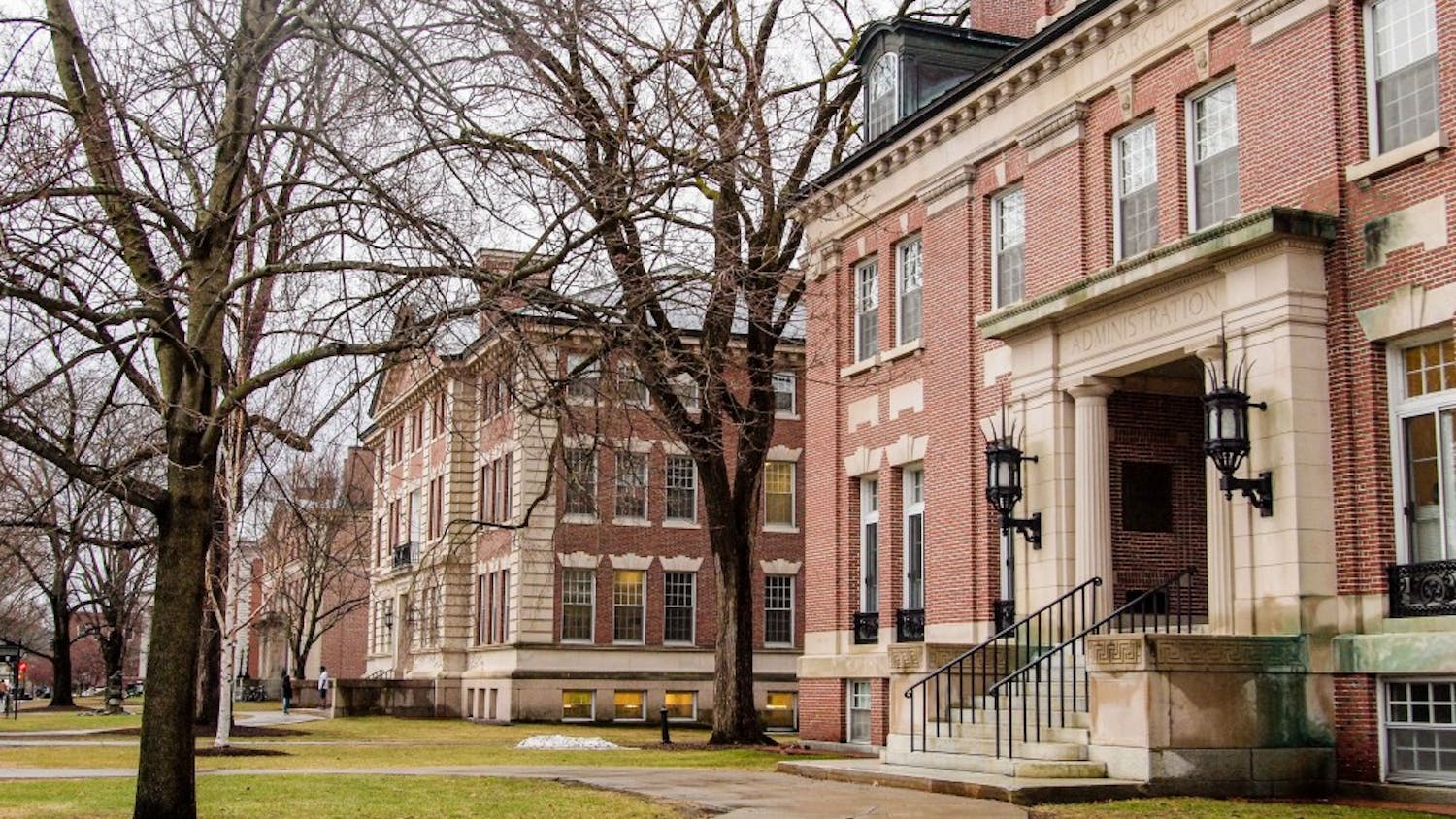International students consist of 12 percent of the Class of 2023, and they come from 51 different countries, each bringing their own cultural richness to the College.
Have you ever wondered, “At what cost?”
There are many challenges I face as an international student, such as language, a homesickness for my culture and a lack of cultural integration to Dartmouth values. By confronting these issues, the Dartmouth community can improve the experience of its international students and create a campus that is both cohesive and diverse.
The first obstacle for international students upon arriving is the misunderstanding about our troubles with language. Being bilingual isn’t the same as learning a language and studying abroad for a term — in that we understand the nuances of both languages — but we still make mistakes out of habit. Though Turkish is my first language, when I go back to Turkey, I have a slightly harder time speaking it. I forget certain idioms, or translate English idioms to their Turkish counterpart in an awkward way. And when I come back to the United States, I may speak slowly and make mistakes I’m aware of like saying “close” instead of “switch off” the lights. Occasionally, an American friend will correct me with a smile. I appreciate the effort, but I am aware that I make hundreds of grammar or vocabulary mistakes everyday, and being corrected doesn’t rectify this. Native speakers should not correct us when we make small mistakes, and should not laugh if what we say sounds awkward. It can come off as condescending, especially because we’re already trying our best.
Cultural integration is also an ongoing journey, and homesickness for a familiar culture comes with it. The Dartmouth community makes significant efforts to appreciate different cultures, but some cultures have been underappreciated compared to others. From my experience, I can say that the Turkish, Islamic and Middle Eastern cultural heritages have been neglected. When I say I am from Turkey, my friends always perk up with interest in knowing more about the country, culture and its people. However, I don’t get to share my culture with people apart from my close circle. Dartmouth should continue to build and expand the platforms through which we can share our culture.
I am a part of the International Students Association, which has events that foster cultural awareness and provide a space for dialogue. The next ISA event is going to be a discussion between students from both China and Hong Kong. The Great Issues Scholars program, run by the Dickey Center for International Understanding, also gave me the opportunity to meet lots of people whose cultures were different from my own. I got to appreciate their cultures and they got to appreciate mine. One of my friends whom I met through GIS visited me in Istanbul, and I took him to Hagia Sophia, which was built in the Byzantine era as a church and then converted to a mosque by the Ottomans. It now operates as a museum due to Turkey’s respect for both religions, which he found very interesting. The funding for these Dartmouth programs should be maintained and expanded.
Part of cultural integration is not just expressing an interest, but recognizing and respecting the differences between cultures. International students come with a distinct set of cultural norms that might not align with the values of Dartmouth life. Talking about sex and drinking culture might be taboo for some international students. It might take time to adapt to living in a mixed-gender dorm. Turkish college dorms are usually divided into separate girls’ and boys’ dorms, and it might even be considered a disciplinary violation to enter the other sex’s dorms. Clearly, these are very different from the Dartmouth dorm system. There is no way to be aware of specific differences in every culture, but students at Dartmouth should be cognizant of differences and understand that some questions or topics may be considered insensitive or offensive.
Rather than just expecting students to learn how to navigate through college life and effortlessly assimilate American values into their lives, the Dartmouth community should validate the right to different values and communicate that there’s no one specific way to experience college. More cultural sensitivity and integration training for freshmen can be one way to go about this, but most importantly, this endeavor should include both international students and U.S. residents.
Cultural exchanges go both ways, so while American students should be more respectful and hopefully take an interest in their peers’ cultures, it behooves international students to learn about American culture as well. However, there is a lot of progress needed to make Dartmouth more inclusive for international students, and sharing the problems we face is the first step.



